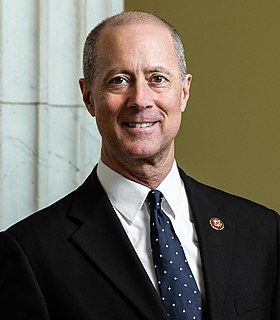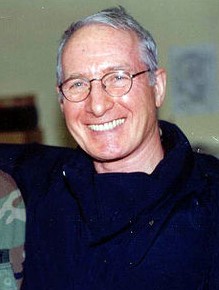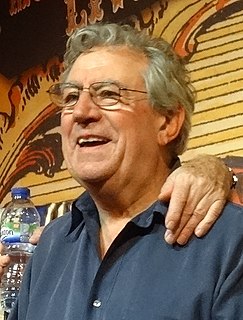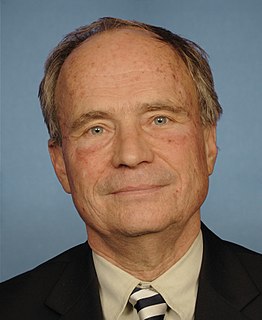A Quote by Phyllis Schlafly
In a world of inhumanity, war and terrorism, American citizenship is a very precious possession.
Related Quotes
The Philippines and the U.S. have had a strong relationship with each other for a very long time now. We have a shared history. We have shared values, democracy, freedom, and we have been in all the wars together in modern history, the World War, Second World War, Cold War, Vietnam, Korea, now the war on terrorism.
In fact if you look at Reagan's global war on terrorism it very quickly turned into a massive terrorist war: [by us] Central America, South Africa, the Middle East, all U.S.-backed terrorism. That's one of the reasons why it disappeared from history and why the standard line is that Bush 43 declared the war on terror. Actually he just repeated what Reagan had said 20 years earlier.
The catch-all phrase "the war on terrorism", in all honesty, has no more meaning than if one wants to wage a war against "criminal gangsterism". Terrorism is a tactic. You can't have a war against a tactic. It's deliberately vague and non-definable in order to justify and permit perpetual war anywhere and under any circumstance.




































